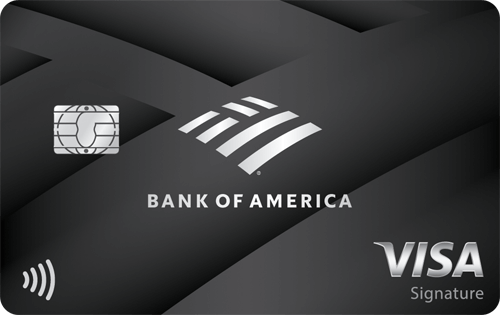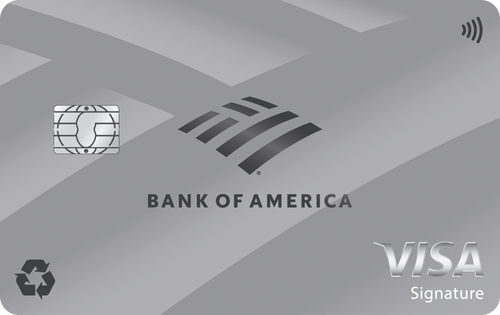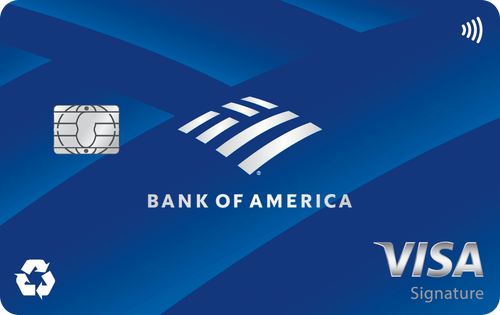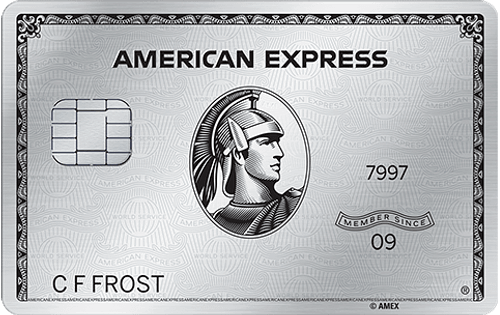WalletHub, Financial Company
@WalletHub
Yes, chip cards can be skimmed because of the magnetic strip that still exists on these cards. While chip technology significantly reduces the risks associated with card fraud, it does not eliminate them entirely.
What is Card Skimming?
Chip cards include both an embedded microchip and a magnetic strip. The chip generates a unique transaction code for every purchase. In contrast, the magnetic strip retains static information, which can still be read by skimming devices. Skimmers are devices attached to card readers that illegally capture data when a card is swiped or inserted. Thieves can then retrieve the stolen data and can either clone the card or sell the card number to other scammers. Information on a chip card’s embedded microchip is not compromised.
Shimming: A New Threat
In addition to skimming, a more sophisticated method known as shimming has emerged. Shimmers are thin devices that can be inserted into card readers, where they capture data directly from the chip on the card. This data is used to create fake cards.
Protective Measures
- Use Contactless Payments: Use contactless payment methods. These methods reduce the risk of skimming as these do not require inserting a card into a reader.
- Monitor Transactions: Check your credit card statements regularly for unauthorized activity.
- Inspect Card Readers: Before inserting a card, check card readers for any signs of tampering or suspicious attachments.
- Choose Secure Locations: Try to use your credit card at reputable and well-lit places to reduce exposure to skimming devices.
It's noteworthy that all the major credit card networks offer a $0 liability guarantee for fraudulent credit card transactions. If your chip card is ever skimmed, you won’t be responsible for any fraudulent charges. In addition, federal law limits your liability to $50 if you report any fraudulent charges within 60 days of them appearing on your credit card statement.
People also ask
Did we answer your question?
Important Disclosures
Ad Disclosure: Certain offers that appear on this site originate from paying advertisers. For full transparency, here is a list of our current advertisers.
Advertising impacts how and where offers appear on this site (including, for example, the order in which they appear and their prevalence). At WalletHub we try to present a wide array of offers, but our offers do not represent all financial services companies or products.
Advertising enables WalletHub to provide you proprietary tools, services, and content at no charge. Advertising does not impact WalletHub's editorial content including our best picks, reviews, ratings and opinions. Those are completely independent and not provided, commissioned, or endorsed by any company, as our editors follow a strict editorial policy.



